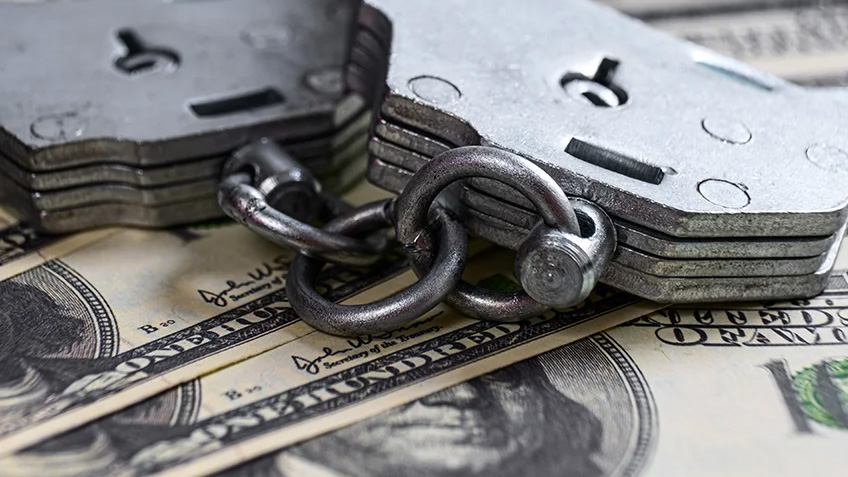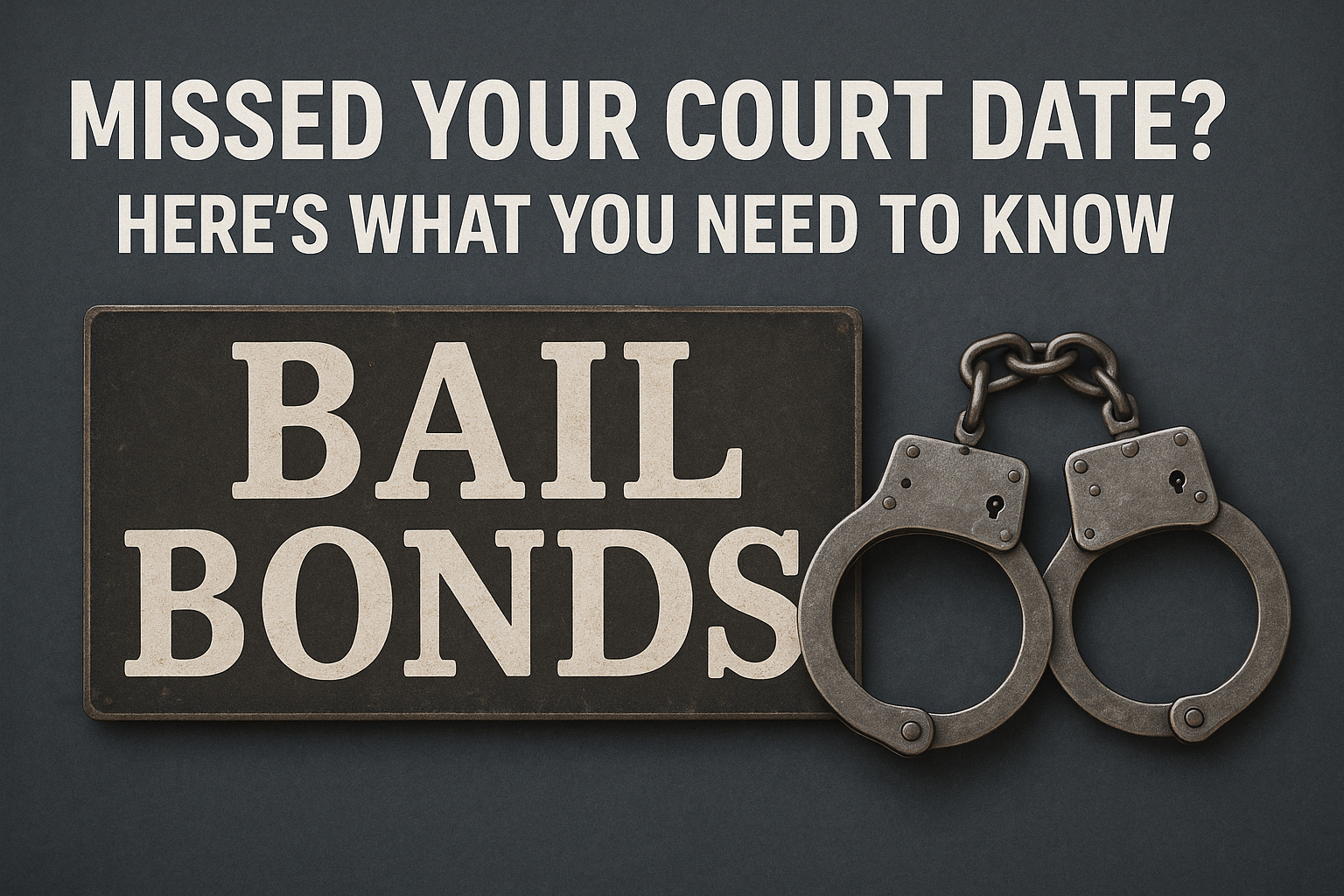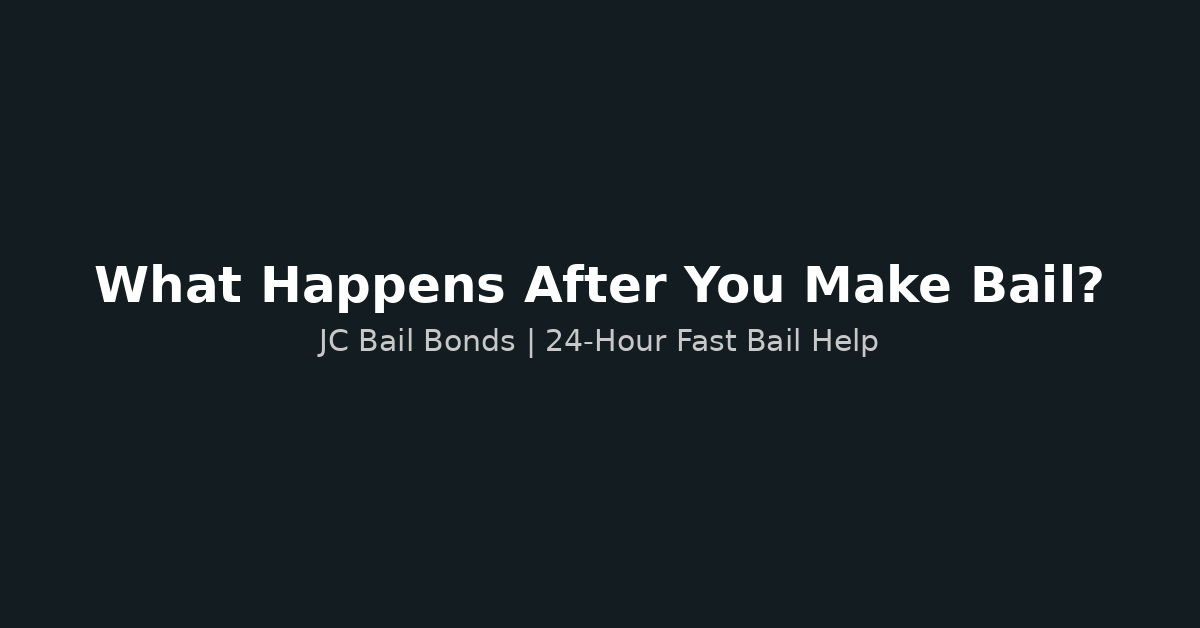When a person is arrested in Raleigh, North Carolina, they may have the opportunity to be released from custody through a bail bond. However, understanding the bail process, the costs involved, and the legal responsibilities is essential. This guide breaks down everything you need to know about bail bonds in Raleigh, including types of bail, fees, legal requirements, and alternatives.
1. Introduction to Bail Bonds in Raleigh, NC
A raleigh bondsman is a financial agreement that allows a defendant to be released from jail while awaiting trial. The court sets a bail amount, which acts as collateral to ensure the defendant appears at all required hearings. If the defendant cannot afford the full bail, they can use a bail bondsman, who charges a non-refundable fee (typically 10-15% of the total bail amount).
A bail Bondsman Durham provides a way for defendants to secure pretrial release without paying the full amount upfront. The North Carolina legal system has specific regulations regarding bail bond services, ensuring that licensed agents follow state guidelines. Before signing a bond agreement, the defendant and the cosigner must understand their legal obligations, including the risk of bond forfeiture if the defendant fails to appear in court.
2. How Bail Bonds Work in North Carolina
The bail bond process in Raleigh, NC, follows these general steps:
- Arrest and Booking: After an arrest, the defendant is taken into custody, and their charges are recorded. The booking process includes fingerprinting, photographing, and entering the defendant’s information into the system.
- Bail Hearing: A magistrate or judge sets the bail amount based on factors like flight risk, criminal history, and the severity of charges.
- Choosing a Bail Option: The defendant can either pay the full cash bond, use a bail bond company, or seek a release on recognizance (ROR), which allows them to leave jail without paying bail.
- Signing the Bail Bond Agreement: If a bail bondsman is used, a cosigner may be required to sign a surety bond, which guarantees that the defendant will appear in court. The bail bond premium (typically 10-15% of the bail amount) is non-refundable.
- Court Compliance: The defendant must attend all scheduled court appearances. Failure to appear can result in bond forfeiture, meaning the cosigner may be financially responsible for the full bail amount.
3. Types of Bail Bonds Available in Raleigh
There are several types of bail bonds available in Raleigh, NC, depending on the situation:
- Cash Bail: The defendant or a family member pays the full bail amount directly to the court. If the defendant appears in all hearings, the money is refunded.
- Surety Bond: A bail bondsman covers the bail for the defendant, charging a non-refundable premium fee. A cosigner may be required to provide collateral such as property or a vehicle.
- Property Bond: Instead of paying cash, the defendant or their cosigner uses real estate as collateral. If the defendant fails to appear, the court may seize the property.
- Personal Recognizance (ROR): A judge may grant release on recognizance for low-risk defendants, allowing them to leave without paying bail but requiring a signed promise to attend all court dates.
- Unsecured Bond: No upfront bail payment is required, but if the defendant misses a court appearance, they must pay the full bail amount later.
4. Cost and Fees Associated with Bail Bonds
The cost of bail bonds varies based on North Carolina state regulations, but typically, bail bond premiums range from 10-15% of the total bail amount. This premium fee is non-refundable, even if the charges are dropped or the defendant is found not guilty.
Additional costs may include:
- Collateral Requirements: Some bail bond agents require cosigners to offer collateral, such as property, vehicles, or jewelry, to secure the bond agreement.
- Repayment Plans: Some bail bond companies offer financing options for those who cannot pay the full premium fee upfront.
- Bond Forfeiture Penalties: If the defendant skips court, the cosigner may have to pay the full bail amount or risk losing any collateral provided.
5. Finding a Reputable Bail Bondsman in Raleigh
When selecting a bail bondsman in Raleigh, consider the following factors:
- Licensing and Accreditation: Ensure the bail bond agent is registered with the North Carolina Department of Insurance and follows state regulations.
- Availability: Look for 24/7 bail bonds services to get help anytime.
- Reputation: Read customer testimonials and reviews to assess reliability.
- Payment Options: Some bail bond companies offer flexible payment plans or low down payment options.
Avoid bail bond scams by verifying credentials and reading the bail contract carefully before signing.
6. Legal Obligations After Securing a Bail Bond
After securing a bail bond, the defendant and the cosigner have strict legal responsibilities:
- Court Appearances: The defendant must attend all scheduled hearings to avoid bond forfeiture.
- Cosigner Liability: If the defendant fails to appear, the cosigner may be held financially responsible for the full bail amount.
- Warrant Risk: Skipping bail can result in a warrant recall, meaning the defendant may be rearrested.
If the defendant is unable to attend court, they should notify their bail bondsman and lawyer immediately to avoid legal consequences.
7. Alternatives to Bail Bonds in Raleigh, NC
In some cases, bail bonds may not be the best option. Alternatives include:
- Pretrial Release Programs: Some low-risk defendants qualify for supervised release through a local pretrial services program.
- Bail Reduction Hearings: A lawyer can request a bail reduction, arguing for a lower amount based on the defendant’s financial situation and criminal history.
- House Arrest or Electronic Monitoring: Instead of paying bail, some defendants may be placed under house arrest with an ankle monitor as an alternative to incarceration.
Final Thoughts
Understanding the bail bond process in Raleigh, NC, is crucial if you or a loved one is arrested. Choosing a licensed bail bondsman, knowing the types of bail bonds, and understanding the financial and legal responsibilities can help you make informed decisions. Always review the bail agreement carefully, and consider alternatives if needed.
If you need bail bond services in Raleigh, be sure to work with a trusted, reputable provider who follows North Carolina’s legal guidelines.



